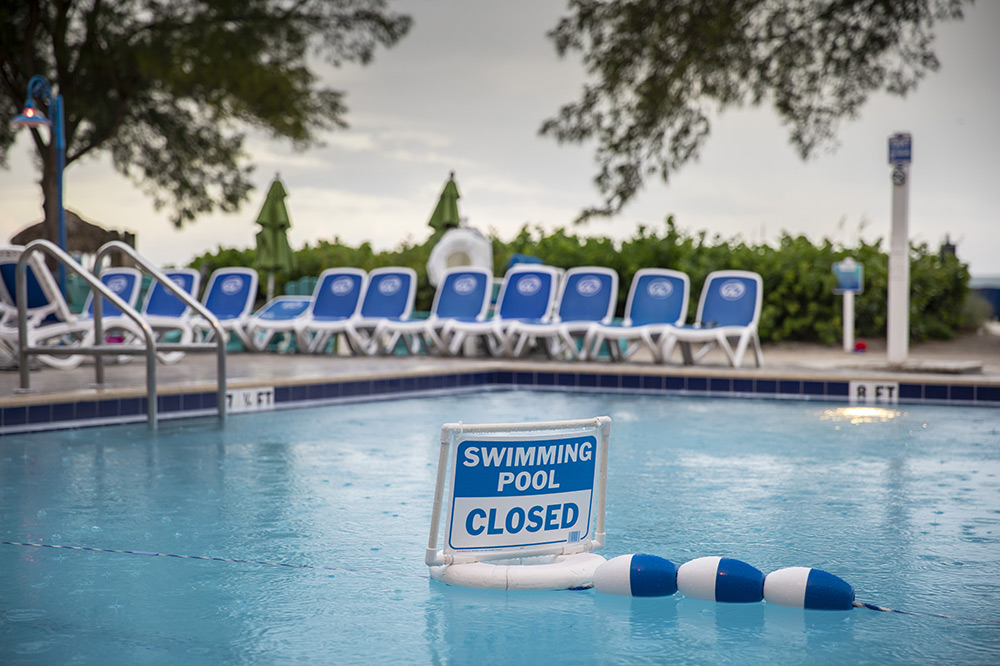
As the pandemic turns a year old, I am reminded of the anxious and urgent calls I received from mobilehome park owners and manufactured community owners over the summer, asking what they should do about the closing of common areas, pools, clubhouses, gyms, playgrounds, etc. at their mobilehome parks or manufactured housing communities. The local, state and federal guidelines were unclear and changing daily.
My clients indicated that they were receiving pressure from residents to allow the amenities to stay open so that they could cool off in the pool, have somewhere for their kids to play outside the house, etc. but the risks involved and the concern for health and safety needed to be weighed appropriately also. Angry residents threatened lawsuits against park owners who closed community pools and clubhouses and demanded rent reductions relating to said actions. Park owners as well as landlord and mobilehome park lawyers were forced to hopscotch the legal minefields throughout this pandemic.
This is why I want to spotlight a refreshing gem in SB 91 relating to this issue. Although most of the mobilehome park and manufactured housing communities have found safe and effective ways to reopen, which include maintaining social distances and complying with current health regulations, SB 91 includes a provision clarifying that landlords and park owners who temporarily reduce or make unavailable a service or amenity as the result of complying with a state, federal or local public health order or guideline during the pandemic, shall not be considered to have violated the rental agreement or provided different terms or conditions such as to constitute a reduction in services. Civil Code1942.9(b).
There are a lot of other items bundled up in this new law SB 91, but I wanted to spotlight this provision that should come as a welcome clarification. Please let our mobilehome park attorney know if you have any questions about SB 91 or your responsibilities as a mobilehome park owner or manufactured community owner as we continue to get through this pandemic together.







